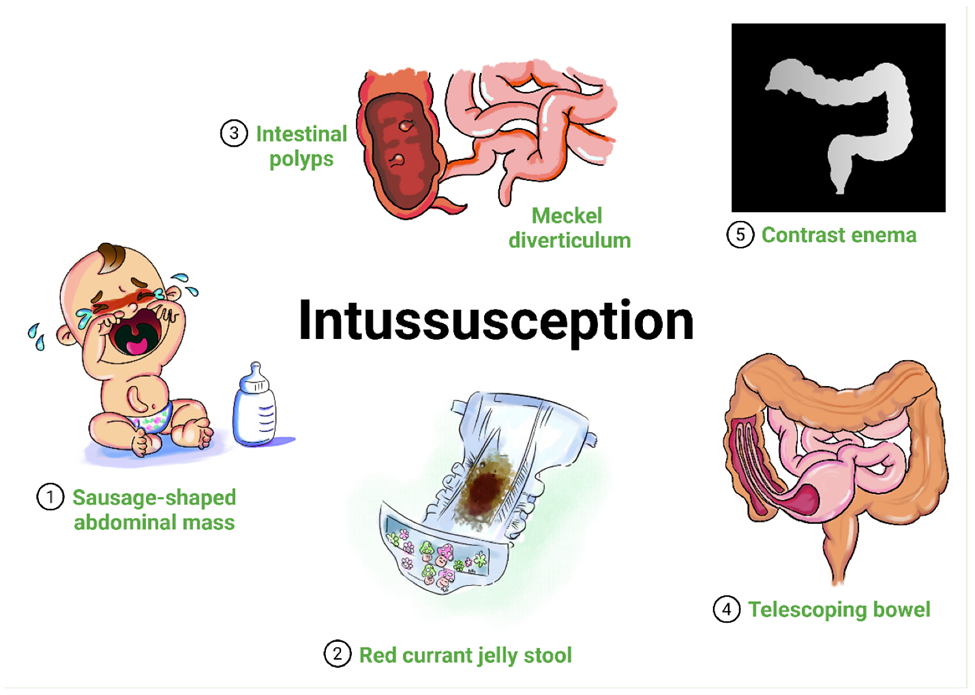A nurse is reinforcing teaching with the parents of a preschooler who has atopic dermatitis. Which of the following information should the nurse include?
"You will need to take the entire prescription of antibiotics even if your symptoms improve."
"The doctor will remove the lesions with liquid nitrogen."
"The doctor might recommend an antihistamine to help control your symptoms."
"You can relieve your child's discomfort by applying warm compresses to the lesions."
The Correct Answer is C
A. "You will need to take the entire prescription of antibiotics even if your symptoms improve."
Atopic dermatitis is not typically treated with antibiotics, as it is not caused by a bacterial infection. Therefore, this statement is not relevant and would not be included in the teaching.
B. "The doctor will remove the lesions with liquid nitrogen."
Liquid nitrogen is not typically used to remove lesions associated with atopic dermatitis. Atopic dermatitis lesions are usually managed with topical treatments and other measures to reduce inflammation and itching. Therefore, this statement is not accurate and would not be included in the teaching.
C. "The doctor might recommend an antihistamine to help control your symptoms."
Antihistamines may be prescribed to help relieve itching associated with atopic dermatitis. Itching is a common symptom of atopic dermatitis, and antihistamines can help reduce this symptom. Therefore, this statement is relevant and would be included in the teaching.
D. "You can relieve your child's discomfort by applying warm compresses to the lesions."
Warm compresses can exacerbate itching associated with atopic dermatitis by increasing blood flow.
Nursing Test Bank
Naxlex Comprehensive Predictor Exams
Related Questions
Correct Answer is C
Explanation
A. Drooling - Drooling is not typically associated with intussusception. Intussusception is a condition where one portion of the intestine telescopes into another, leading to bowel obstruction and subsequent symptoms such as abdominal pain, vomiting, and "currant jelly" stools.
B. Increased appetite - Increased appetite is unlikely in a toddler with intussusception. Instead, affected toddlers may experience symptoms such as abdominal pain, vomiting, and lethargy, which can lead to decreased appetite.
C. Mucus in stools - Mucus in stools is a characteristic finding in intussusception. As the telescoping of the intestine causes irritation and inflammation, mucus may be passed in the stool along with blood and, in some cases, a characteristic "currant jelly" appearance.
D. Jaundice - Jaundice is not a typical manifestation of intussusception. It may be present in conditions affecting the liver or bile ducts, such as biliary atresia or obstructive jaundice, but it is not a direct symptom of intussusception.

Correct Answer is B
Explanation
A. Shingles: This is a viral infection caused by the varicella-zoster virus, which also causes chickenpox. It typically manifests as a painful rash that develops into fluid-filled blisters.
B. Athlete's foot: This is a fungal infection of the skin on the feet, particularly between the toes. It causes itching, burning, and cracked, flaking skin.
C. Fever blister: Also known as a cold sore, this is a viral infection caused by the herpes simplex virus. It typically appears as a cluster of small, fluid-filled blisters on or around the lips.
D. Pinworms: This is a parasitic infection caused by tiny, white worms that infect the intestines. It commonly causes anal itching, particularly at night, due to the female worms laying eggs around the anal area.
Whether you are a student looking to ace your exams or a practicing nurse seeking to enhance your expertise , our nursing education contents will empower you with the confidence and competence to make a difference in the lives of patients and become a respected leader in the healthcare field.
Visit Naxlex, invest in your future and unlock endless possibilities with our unparalleled nursing education contents today
Report Wrong Answer on the Current Question
Do you disagree with the answer? If yes, what is your expected answer? Explain.
Kindly be descriptive with the issue you are facing.
